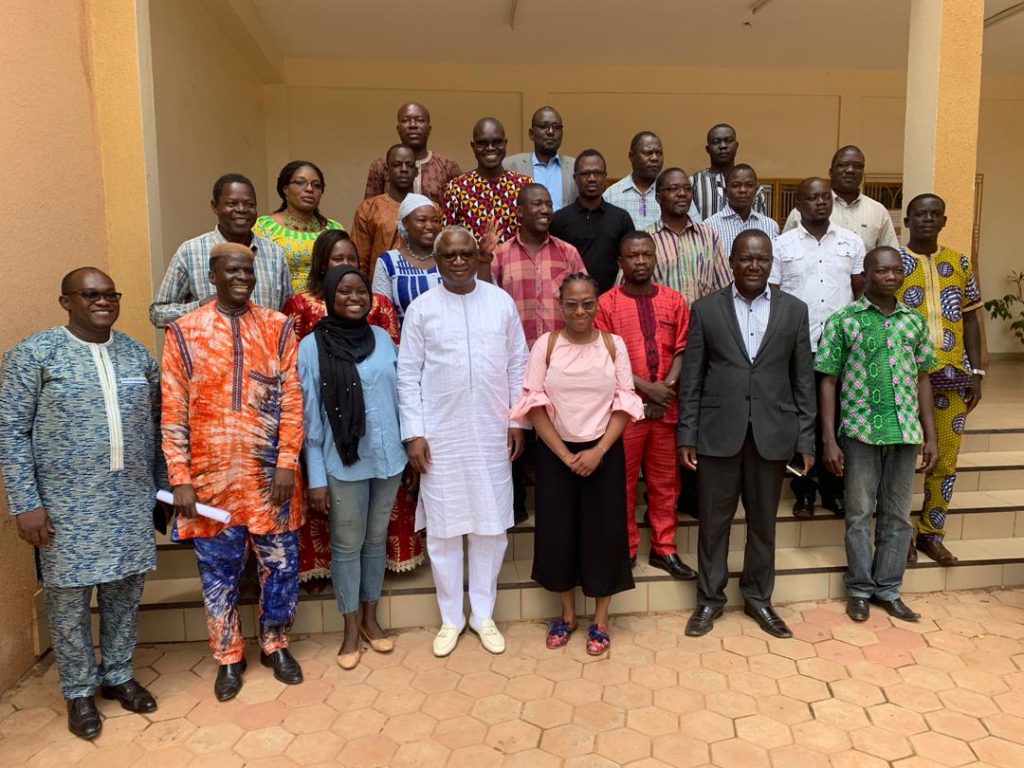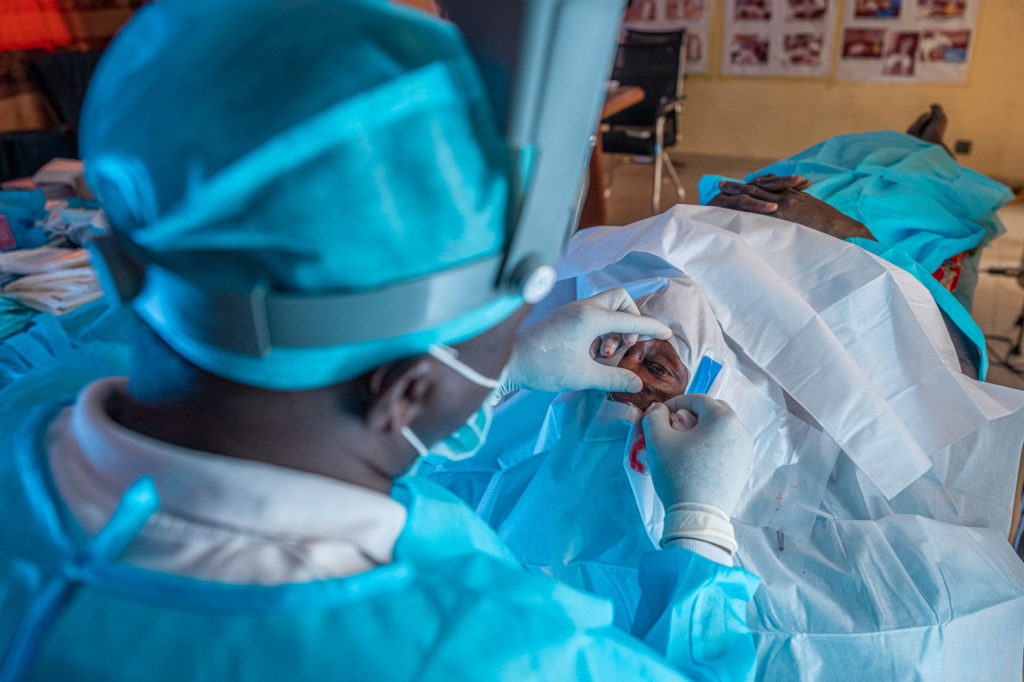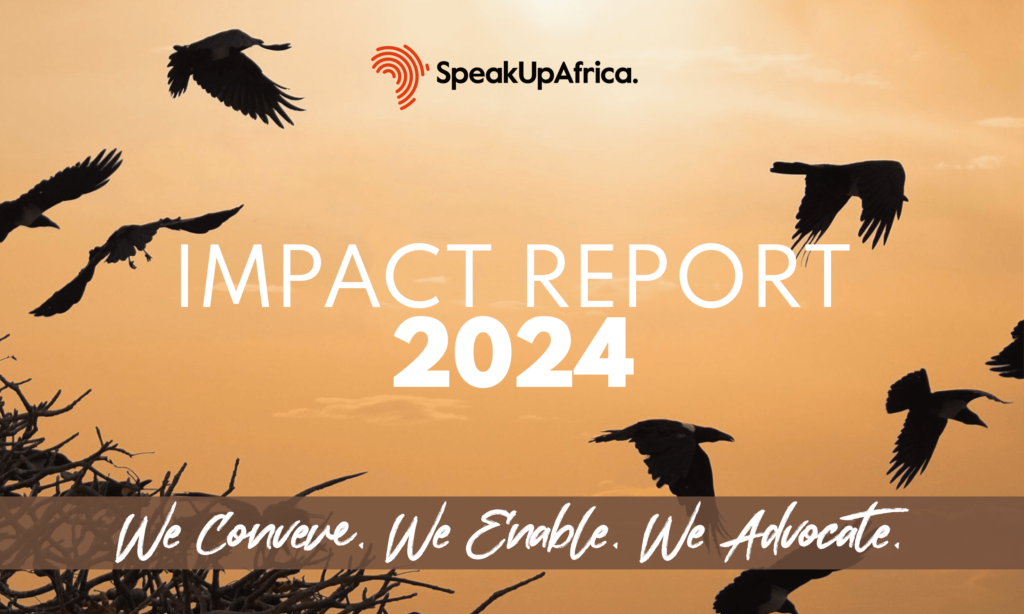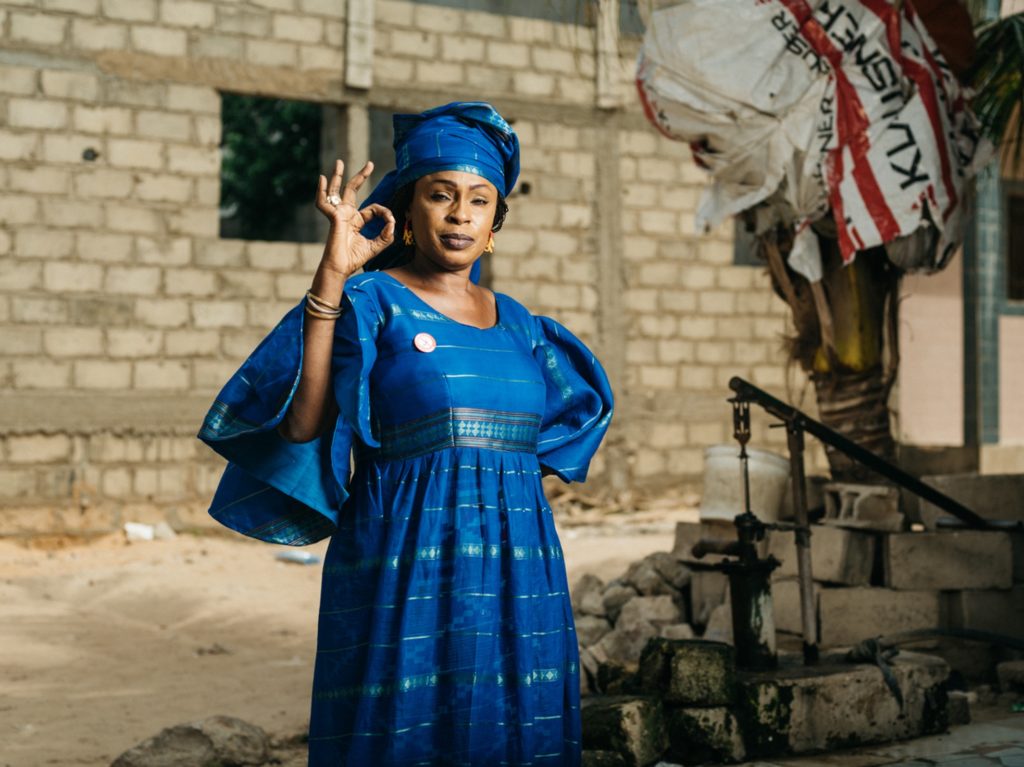Why local authorities are key to improving sanitation in Africa

In Burkina Faso, today almost half the country (8.4 million people) live without access to safe water and 14 million people do not have access to proper toilet facilities. With the West African country’s rapid urbanization putting additional strain on the nation’s somewhat inadequate existing infrastructure, the threat of disease linked to water pollution continues to grow and is of grave concern to the African continent.
Inadequate sanitation across Africa can be critical, as was demonstrated in a recent article posted on The Guardian, which followed the story of three young girls from Madagascar who tragically lost their lives due to ill health causes by poor sanitation. Ultimately, developing a good sanitation system in a country will not only save precious lives like these young girls, but also relieve strain on health services and improve economic development across Africa.
In working towards solutions to these sanitation problems, in particular when it comes to the efficient management of sludge, local authorities have become an increasingly important part of the equation for success. Without coordinated local efforts, effective management of sanitation services are simply infeasible. The reality is that local municipalities must take action to deliver safely managed sanitation services and safe water to improve acess to sanitation access across the continent.
In Burkina Faso, where sanitation is the responsibility of municipalities, the success of their sanitation projects hinge entirely on the support of local government officials. Due in part to a lack of a coordination in sanitation planning, less than 0.4 percent of the 2,532,311-population inhabiting Ouagadougou, Burkina Faso’s capital, are connected to the city’s sewage system. For the health of its citizens this needs to change.
Last week, 30 participants including Ouagadougou Mayor Armand Beouinde and First Deputy Mayor Moussa Belem, ONEA representatives, ministries of Health and Environment, private sector stakeholders, civil society organizations and media representatives came together for a workshop in Ouagadougou to set the course for the Municipalities’ sanitation master plan. This workshop marked an important step in the city planning processes. It saw the municipality reaffirm its commitment to provide access to safe water, adequate toilets and good hygiene, acknowledging its citizens’ constitutional rights to adequate sanitation services. It was also an opportunity to engage the municipality in taking control of the sanitation agenda in the city of Ouagadougou.
While regional challenges including funding and resource-gaps persist, society’s poorest and most vulnerable should not be left behind. It is imperative that everyone – at all levels of the community – have access to adequate sanitation services and safe water. We urge community leaders to invest in coordinated local initiatives to improve sanitation facilities and hope that others take note of Ouagadougou’s commitment to improving the health outcomes for their communities.
By Aïda Kabo, Program Officer at Speak Up Africa


